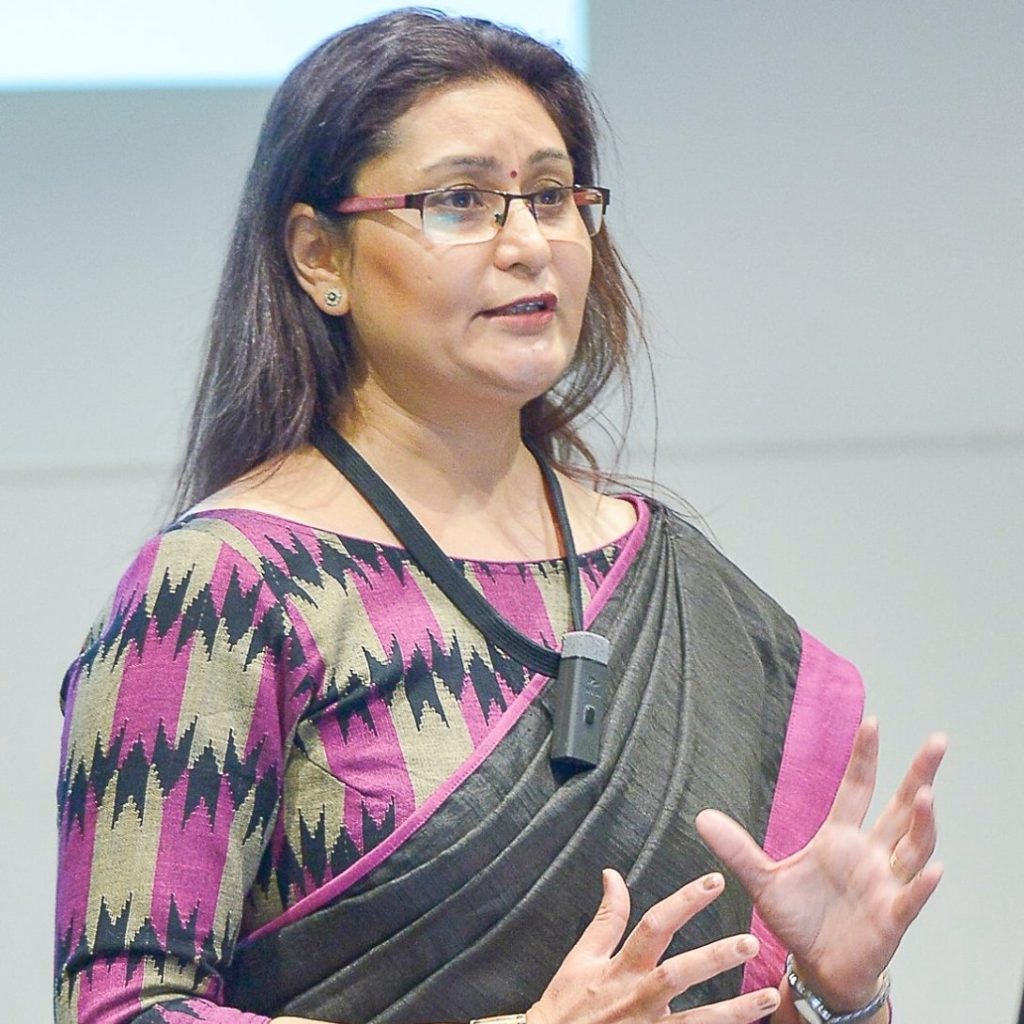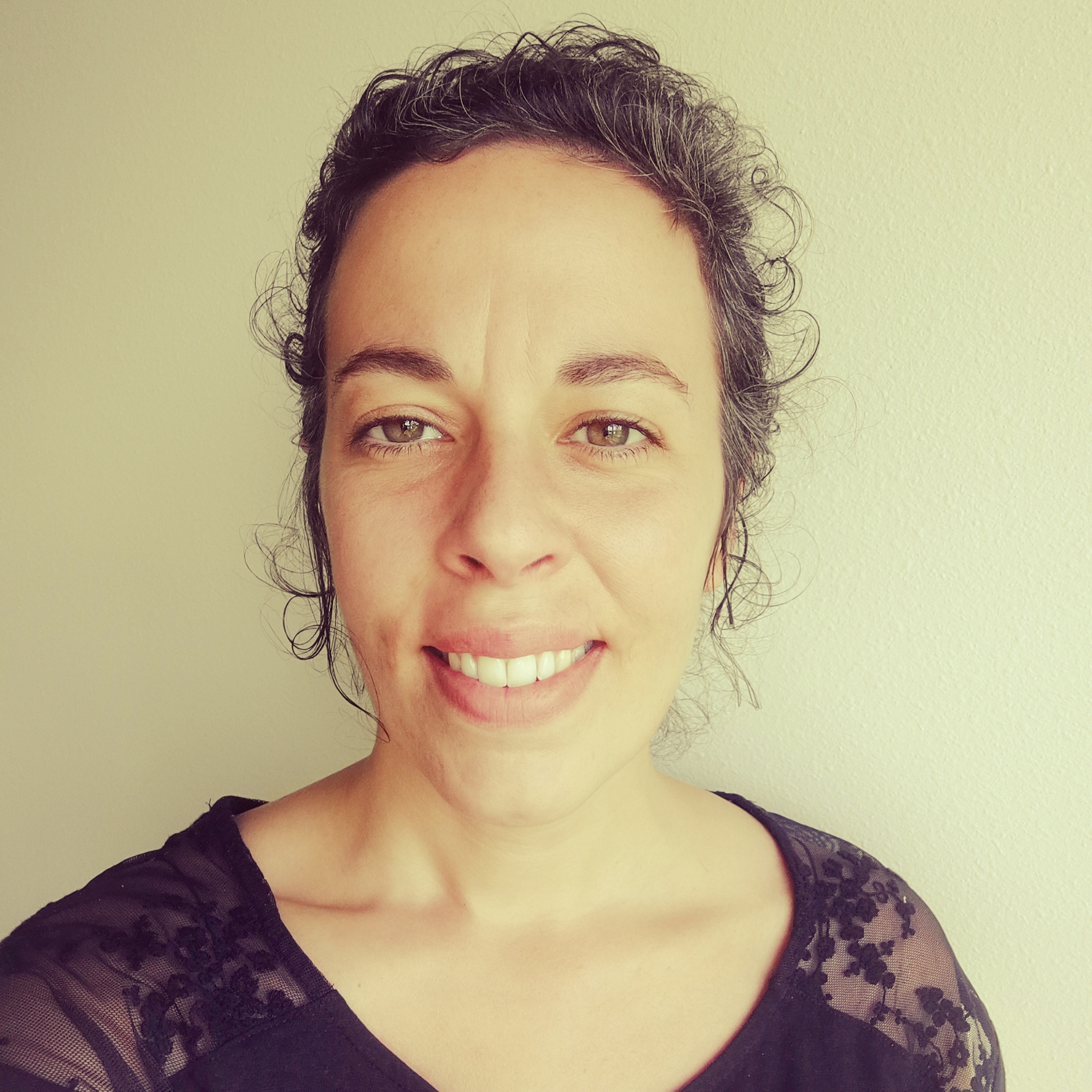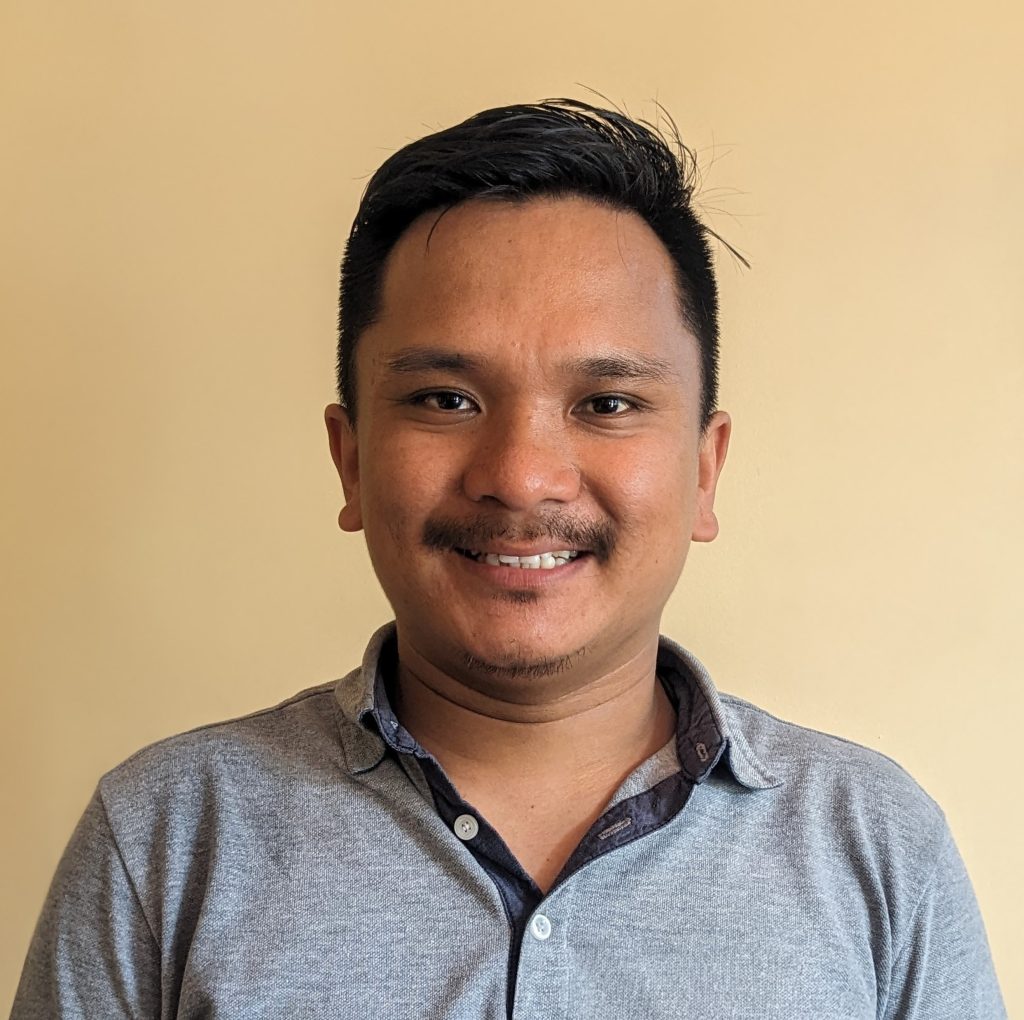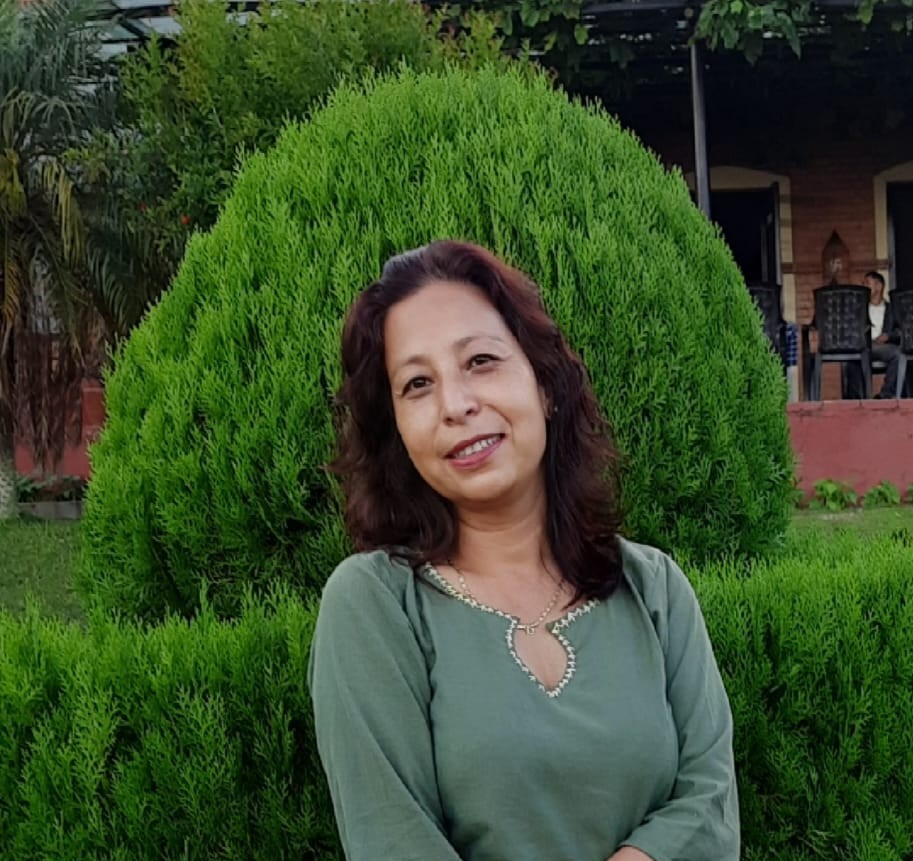About Us
Mission
IIAD is committed to empowering Indigenous communities by advocating for their rights, dignity, and self determined development. We advocate for inclusive policies, sustainable development, and social equity through research, policy analysis, and capacity-building initiatives. By fostering genuine collaboration, we strive to create an environment where Indigenous peoples can thrive, exercise self-determination, and benefit from culturally appropriate development projects.
Vision
IIAD envisions a world where Indigenous peoples are empowered to lead their own development, their rights are safeguarded, and their unique identities and traditions are celebrated. We aspire to build inclusive societies where Indigenous communities have equitable access to education, economic opportunities, and policy-making processes that impact their lives
Institute for Indigenous Affairs and Development
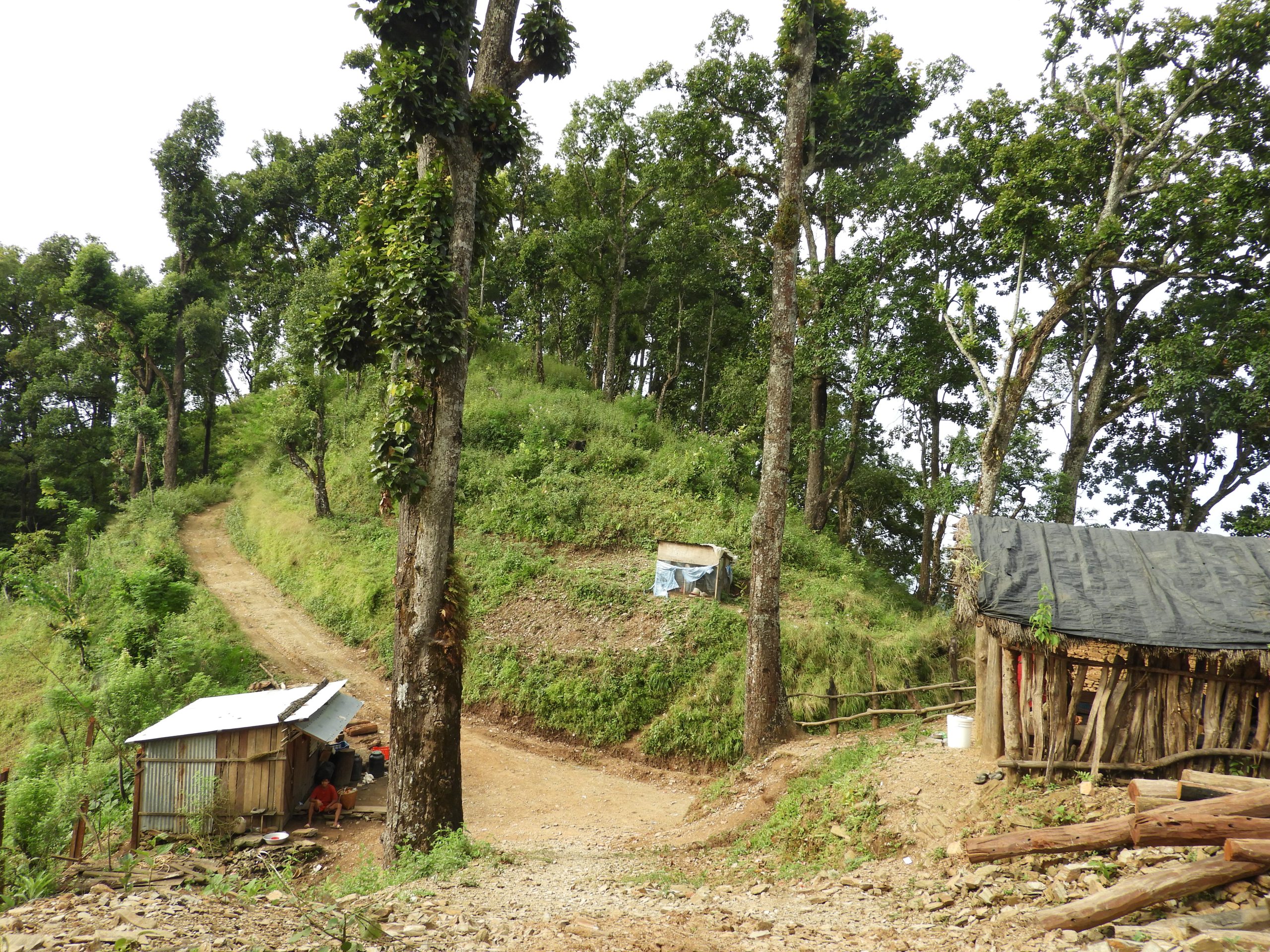
The Story Behind Our Movement
One of our earliest grassroots efforts began from 2012, which we called it as Self-Sustaining Campaign (आत्मा निर्भर अभियान). It was initiated to address the persistent poverty and marginalization faced by the Chepang community.
This campaign began with a simple, yet impactful solution: poultry farming. As a low-cost, high-impact livelihood option, poultry farming offered Chepang families a fast and reliable source of income, helping to meet basic needs while promoting economic independence. What started as a small pilot project soon gained traction, as more families began to see tangible benefits.
The philosophy driving this initiative is rooted in the idea:
“Don’t give people fish—teach them how to fish.” Rather than providing one-time aid, we focus on equipping communities with the knowledge, tools, and skills needed to build sustainable livelihoods.
While many organizations aim to improve living standards, few focus on the foundational elements of self-reliance and education—areas we see as essential for long-term transformation. Our work with the Chepang community revealed a deeper need: not just for resources, but for opportunities that restore dignity, agency, and hope.
Today, this campaign is a proud initiative under IIAD, forming part of our broader mission to uplift Indigenous communities through sustainable development, cultural preservation, and grassroots empowerment.
Our Key Priorities
Our key actions and activities focus on advancing the rights and well-being of Indigenous communities through a range of impactful initiatives. We support the development and implementation of Indigenous Peoples Safeguards Compliance and deliver comprehensive Free, Prior, and Informed Consent (FPIC) curriculum and processes. Our work includes rigorous research and policy analysis on Indigenous issues, with a strong emphasis on youth-led Indigenous research. We drive sustainable development programs tailored for Indigenous communities and implement Community-Based Monitoring and Information Systems (CBMIS) to enhance local data ownership and decision-making. Through our Indigenous Lab, we provide safe and creative spaces for communities to envision and shape their futures. Additionally, we offer accessible online training courses and certifications to build capacity and empower Indigenous leaders and advocates.
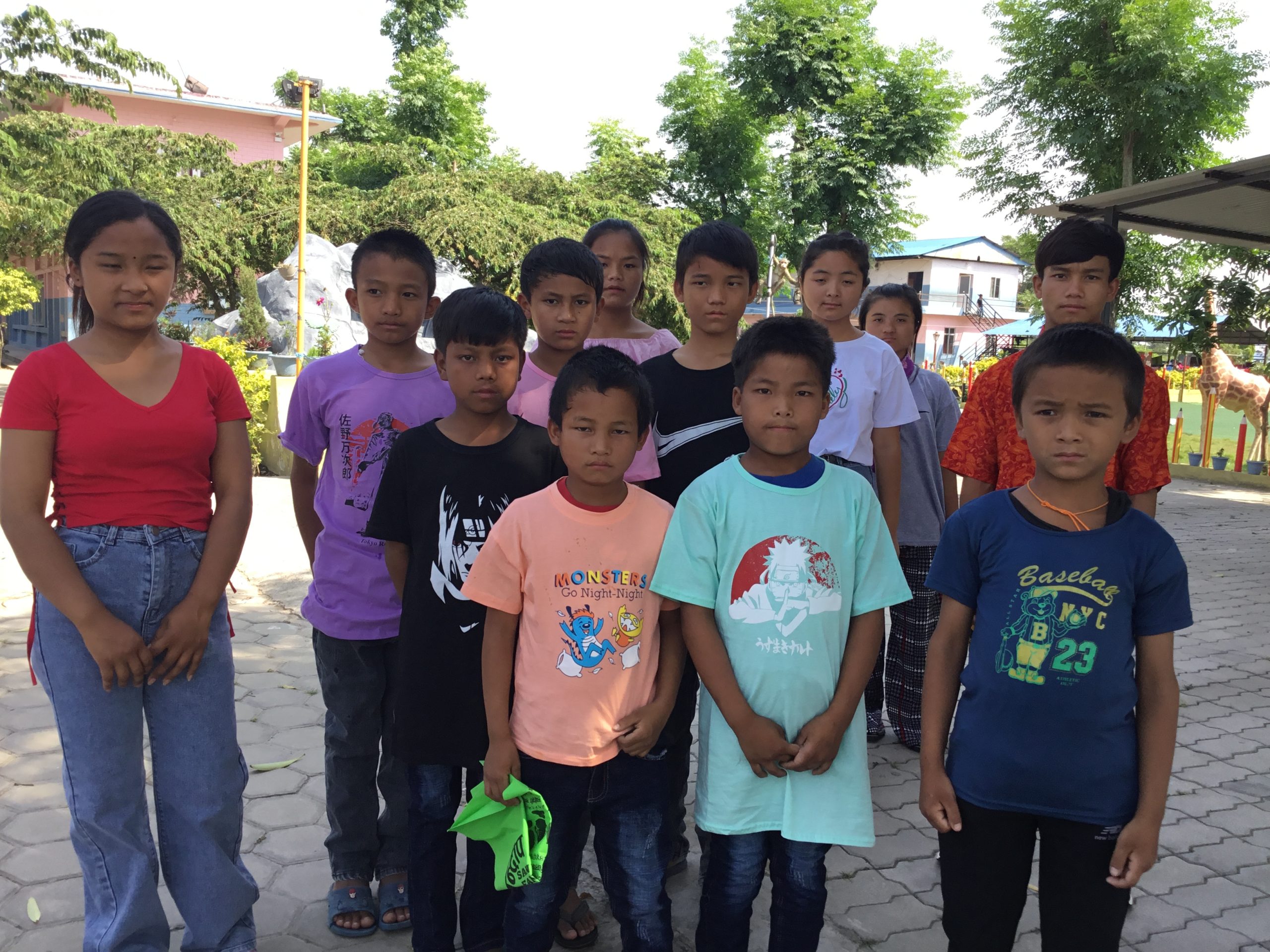
One Chepang Child Sponsorship
Dedicated to supporting the education and well-being of children from the Chepang community, this program provides access to quality education, essential supplies, and opportunities for personal development.

Subsistence Enterprises
We identify and support local villagers to establish their enterprises, creating subsistence marketplaces through social entrepreneurship and startups, leading communities towards sustainability.

Training on Free, Prior, and Informed Consent (FPIC)
We facilitate the FPIC process, ensuring that Indigenous communities have the right to give or withhold consent to projects that may affect them or their territories.
We Take Action. To Make Better Changes
Through community development, education, and research, IIAD supports cultural preservation and self-determination.
Sponsored children
Sustainable enterprises supported
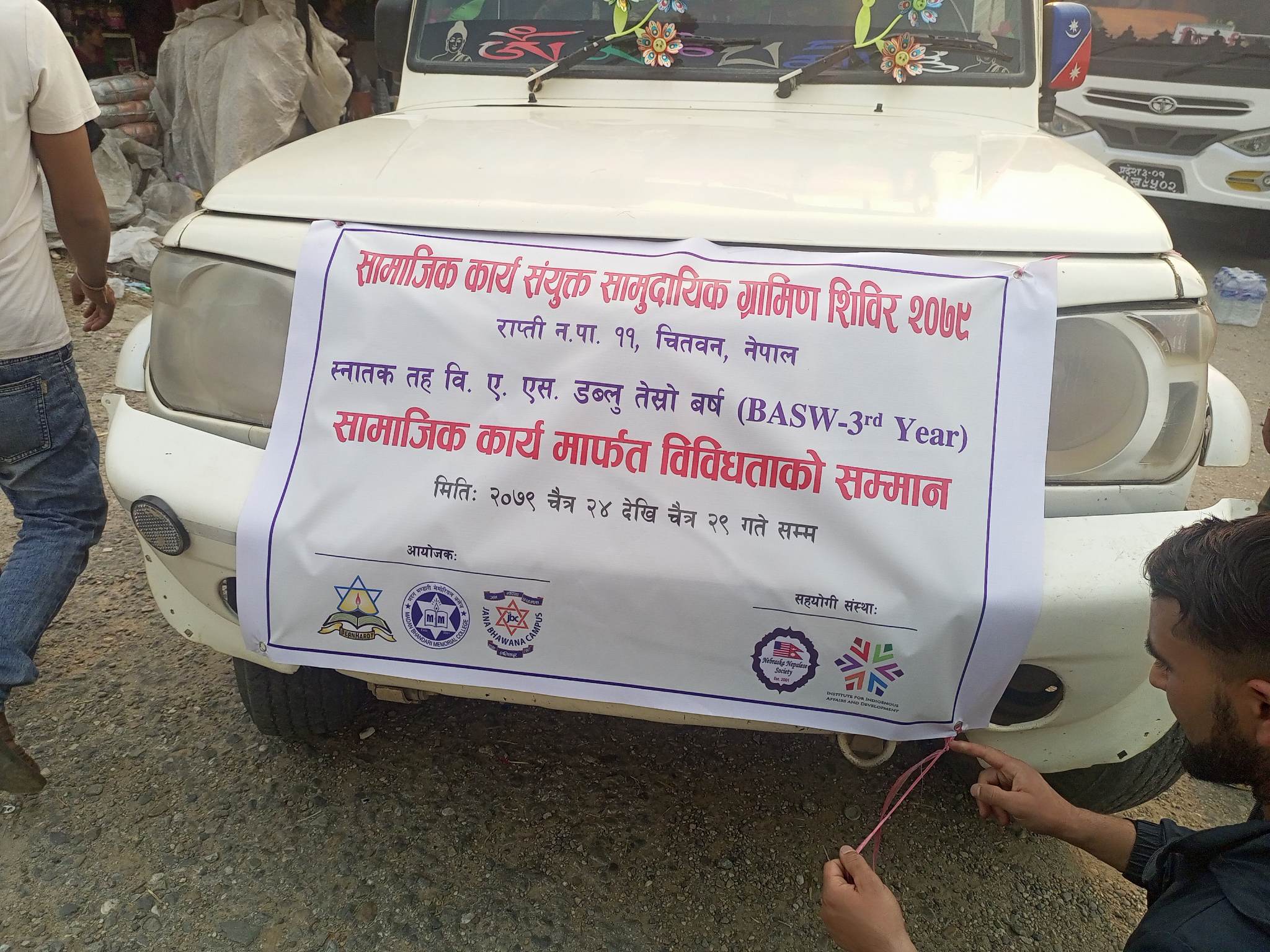
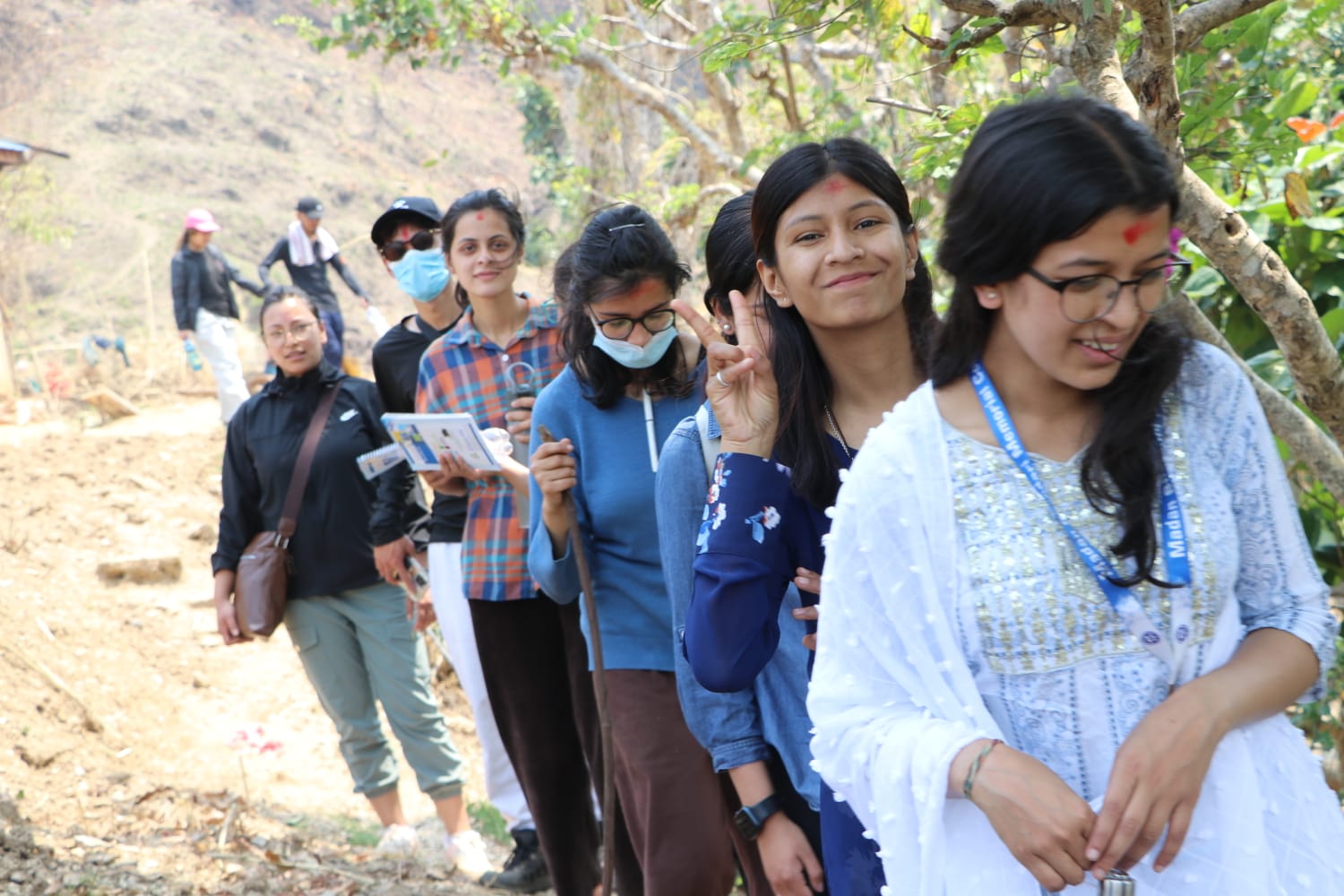



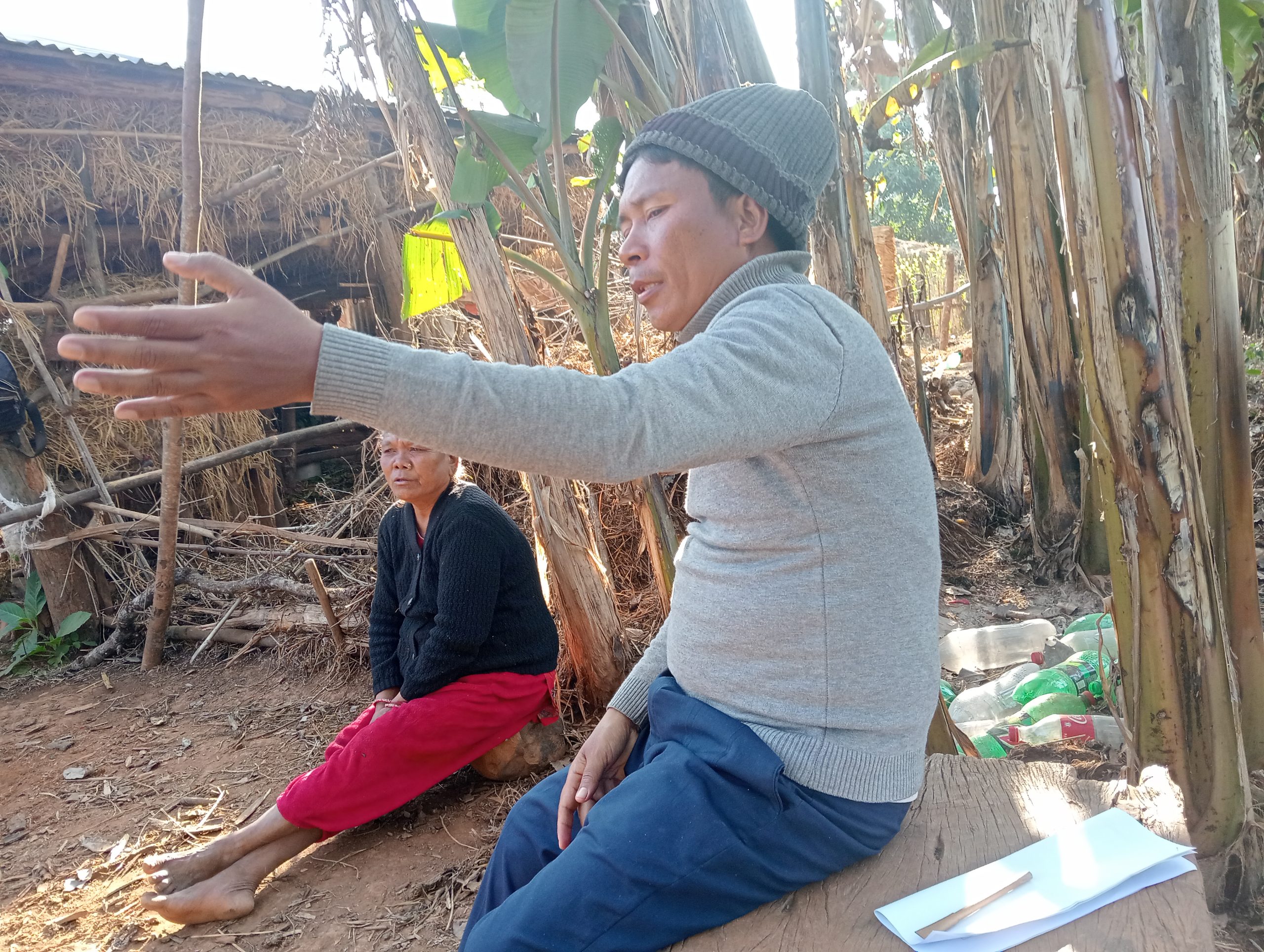

Our Board Members
Meet the guiding minds behind our mission.
Our Board of Directors brings together passionate individuals with deep expertise in Indigenous rights, education, policy advocacy, and sustainable development. With a shared commitment to equity and inclusion, they provide strategic direction, ensure transparency, and uphold the values that shape our work across Nepal.
Each member contributes their unique experience and leadership to drive impact, empower communities, and create lasting change.
Executive Committee
Leading with vision, grounded in community.
Our Executive Committee is composed of dedicated leaders who oversee the day-to-day operations, ensure program effectiveness, and uphold the organizational mission. With deep ties to Indigenous communities and a commitment to social justice, each member plays a key role in decision-making, coordination, and strategic implementation.
Together, they ensure that our programs remain community-driven, transparent, and impactful—guiding our work toward sustainable and inclusive development.
Keep Updated
Newsletter







